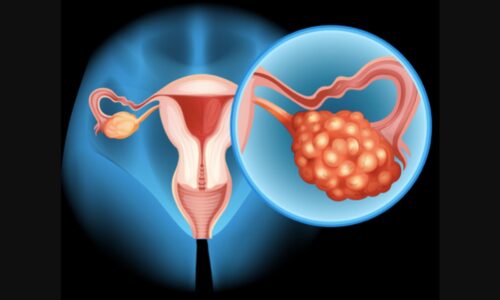Perinatal Mood and Anxiety Disorders |
There are different perinatal mood and anxiety disorders, such as postpartum depression, antenatal depression, postpartum anxiety, postpartum panic disorder, postpartum psychosis, and bipolar, peripartum onset, among others.
Carey Acosta, Lactation Consultant with Homestead Hospital, says the postpartum depression is the one that most people think is the most common. “But with a postpartum depression there’s also the postpartum anxiety, that I think a lot of women experience and they don’t really pick up,” she points out.
About diagnosing the different mood and anxiety disorders, Frankie Powell, Patient Care Supervisor of Labor & Delivery at Homestead Hospital, explains the key is when the symptoms have lasted more than two weeks and the patient feels hopeless or helpless.
Transcript
I want to get this right to us on a graphic here as well, because it’s important to know postpartum depression is only one of a wider spectrum of perinatal mental illnesses that we need to look at, so here comes the graphic and again, wow they’re there there’s an awful lot in here to take in, is there is there anyone here that that seems to be more prevalent?, or or that rises to the top?, you know the postpartum depression is the one that most people think is the most common, but with a postpartum depression there’s also the postpartum anxiety, that I think a lot of women experience that they don’t really pick up, on those early clues and the OCD as well, panic disorder isn’t as common post-traumatic stress disorder, you know it’s not as common the psychosis it’s about 1 in 1,000 births, and then you can also have bipolar that is set on, you know from that pregnancy as well.> So how do you then diagnose all these different mood and anxiety disorders that we have here?, how do you start the diagnosis the diagnostic process?.> Well the one thing you look for it has my symptoms lasted more than two weeks, and then are they severe if they’ve lasted, if you have had symptoms more than two weeks, and they’re severe, and you feel hopeless or helpless, and you can’t get a hold of your feelings, you really need to seek medical consultation, follow-up with your medical doctor, tell them how you’re feeling, talk to a family member, and maybe they can help you get some counseling or get to a medical doctor. > And I think there’s something else that you dropped in there too which is important, this doesn’t happen immediately after birth, this takes a couple of weeks, but the average I’m seeing is a couple of weeks or at least that’s the number that I see that is always being pushed out there, is that an average, or does it fluctuate?.> I think it fluctuates, it can happen in the first two weeks, to a month, to several months after you deliver the baby, however the symptoms, you may have had the symptoms all along, maybe after two weeks, maybe a month, and they just got worse, and reared their ugly head as the months went on, because you didn’t, you weren’t able to get help, or you didn’t recognize that you needed it, or your mother, or a family member or someone said, it’s the baby blues they’ll go away.








